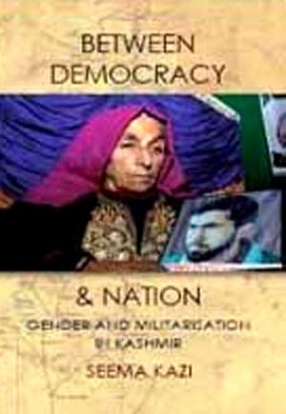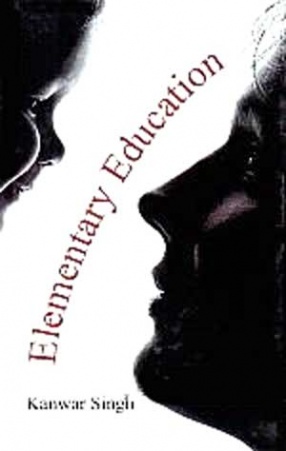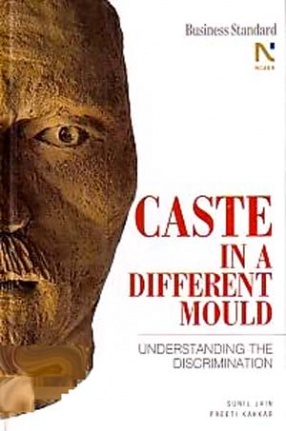This book focuses on the militarisation of a secessionist movement involving Kashmiri militants and Indian military forces in Jammu and Kashmir. In contrast to the conventional approaches that distinguish between inter- and intra-state military conflict, this analysis of India’s external and domestic crises of militarisation is located within a single analytic frame: it argues that both dimensions have common political origins.
Highlighting the intersection between the two the author argues that the heaviest and the most grevious price of using the military for domestic repression and for the defense of Kashmir is paid by Kashmir’s citizens and society. Drawing on women’s subjective experience of militarisation, she examines the relationsip between state military processes at the national level and social transformations at the local/societal level. By way of conclusion, she manitains that Kashmir's humanitarian tragedy — exemplified by its gender dimensions-underlines has failed either to ensure 'security for the state, or security and justice for Kashmiris.





There are no reviews yet.